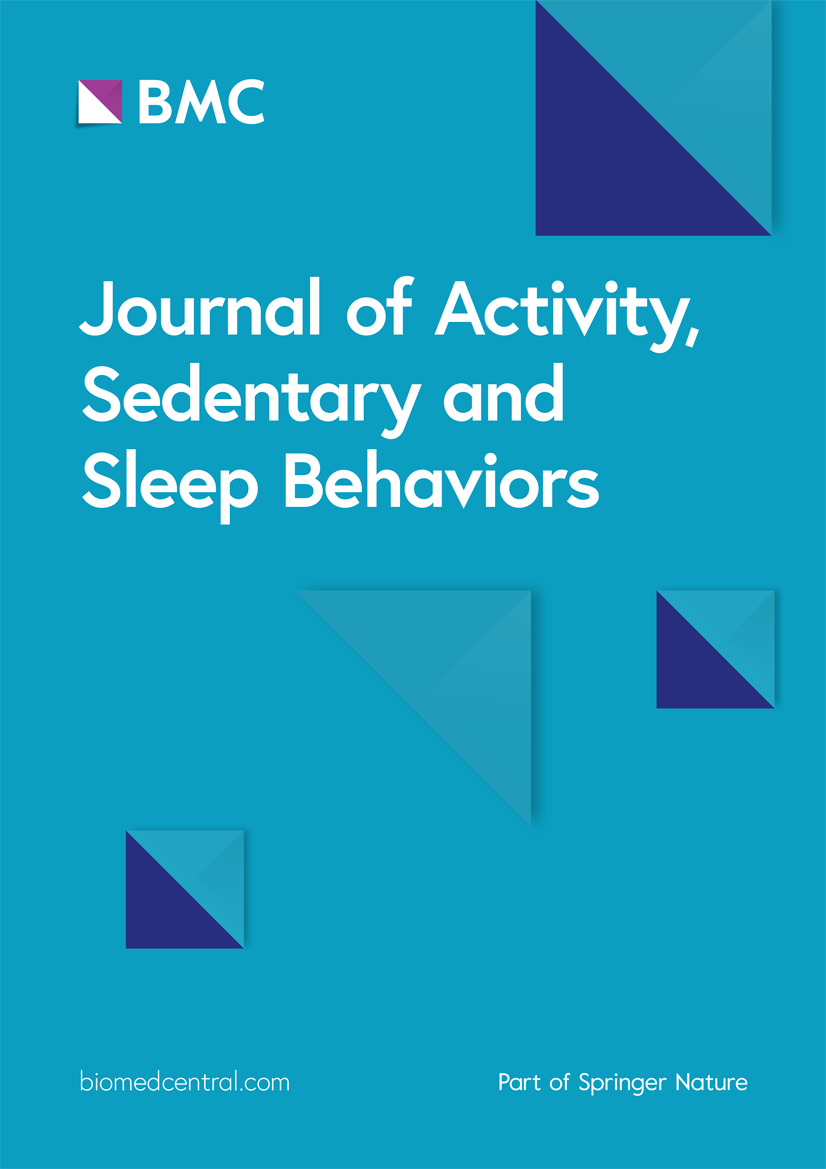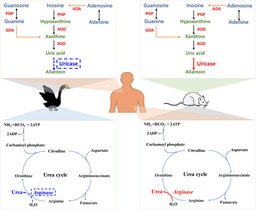Relationship between physical activity and sleep behaviors
Published in Public Health
Background Physical activity is an important component of metabolic health. However, little is known about the impact of specific types/intensities of physical activity on sleep health, especially among ethnically diverse populations. We examined the association of various sleep behaviors with moderate to vigorous work/recreational activity.
Methods Self-reported data from the National Health and Nutrition Examination Survey 2015–2020 were cross-sectionallyanalyzed for a sample of 11,039 participants in the United States (U.S.). Weighted univariate logistic regressionsdetermined unadjusted associations, while weighted multivariable regression models adjusting for age, sex, ethnicity,BMI categories, and socio-economic status assessed the multivariable associations with moderate and vigorous work/recreational activity. Stratified analyses were performed to determine across-group differences by ethnicity and BMI
categories.
Results Of 11,039 adults (mean age 41 years), 50.7% were female, 59.8% were Non-Hispanic White, 17.8% were Hispanic/Latino, 12% were Non-Hispanic Black, 6.3% were Non-Hispanic Asian, and 4.1% were other/multiple ethnicities. Moderate work activity increased the odds of short sleep duration [aOR = 1.42; 95% CI: 1.22, 1.65], snoring [aOR = 1.45; 95% CI: 1.21, 1.73],
breath cessation [aOR = 1.37; 95% CI: 1.18, 1.59], and daytime sleepiness [aOR = 1.63; 95% CI: 1.39, 1.91]. Vigorous recreational activity reduced the odds of short sleep duration [aOR = 0.81; 95% CI: 0.71, 0.94] and trouble sleeping[aOR = 0.83; 95% CI: 0.73, 0.96]. Stratified analyses indicated significant ethnicity-based differences in the odds of sleep behaviors across physical activity groups and increased odds of poor sleep behaviors among participants who were underweight, overweight, or obese.
Conclusion Work-related activity was significantly associated with suboptimal sleep behaviors while recreational activity was associated with favorable sleep behaviors. These associations were more pronounced among certain
ethnic groups. Further longitudinal investigation is needed to examine the mechanism driving the relationship between sleep behaviors and physical activity.
Follow the Topic
-
Journal of Activity, Sedentary and Sleep Behaviors

JASSB focuses on the areas of physical activity, sedentary behavior, and sleep research. The journal embraces the development of knowledge and research that adopts a 24-hour approach when examining or manipulating physical activity, sedentary and sleep behaviors and their effect on health.


Please sign in or register for FREE
If you are a registered user on Research Communities by Springer Nature, please sign in